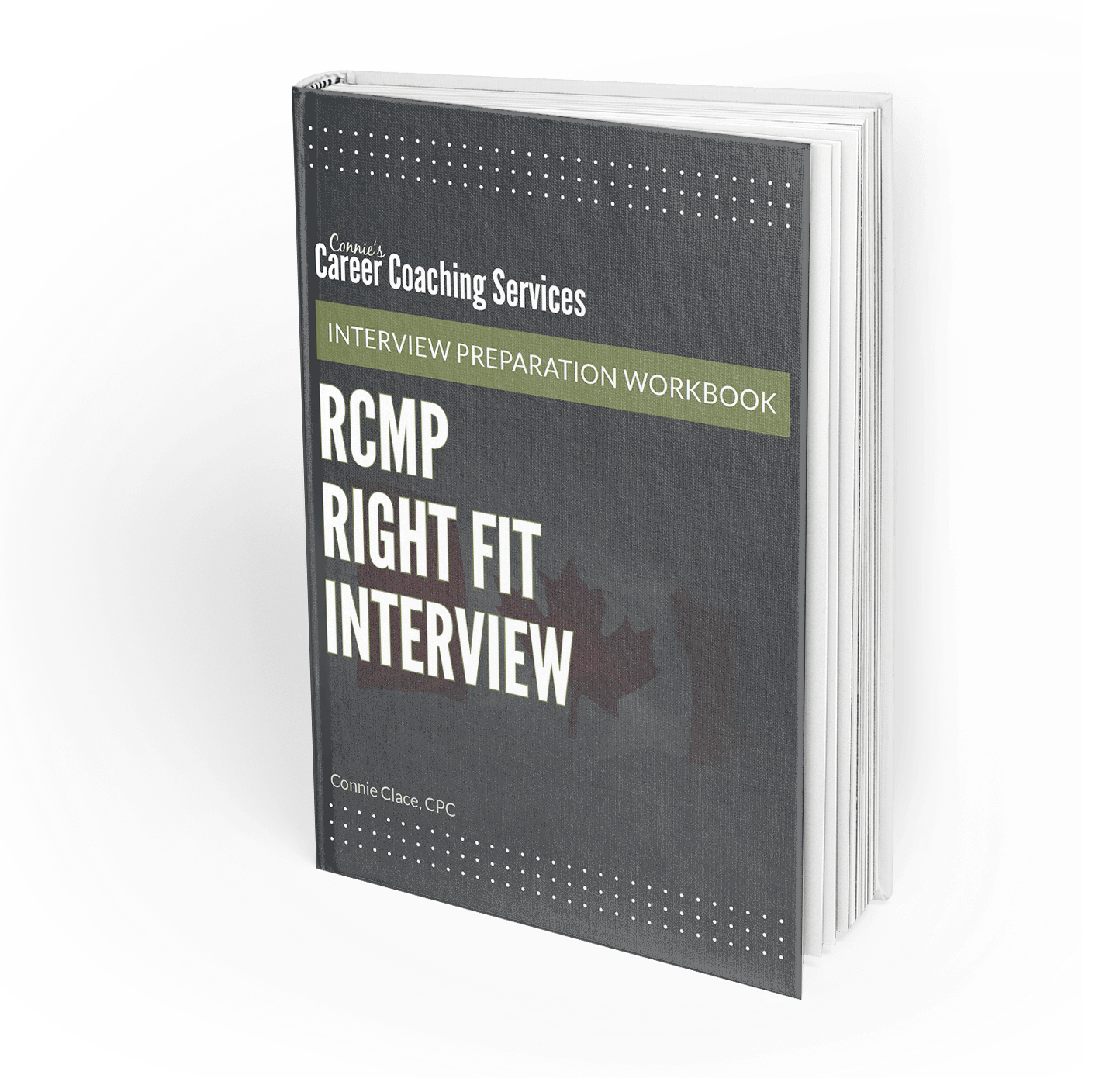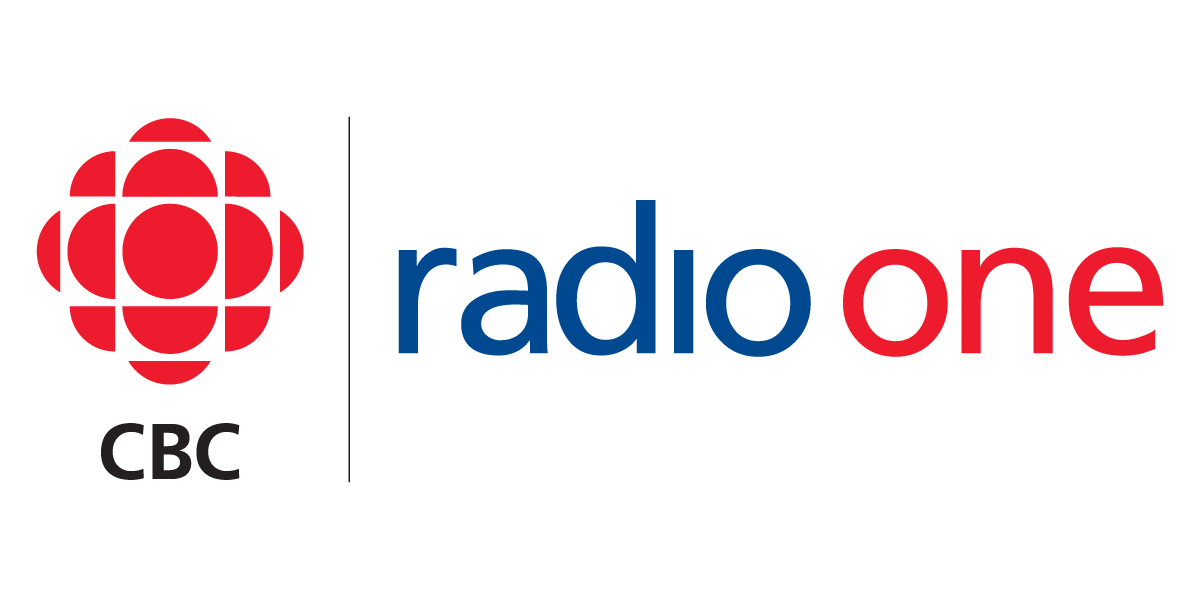Resume Writing 101 – Back to Basics.
What are the basics that we need to remember when writing a good resume? We all know that you need to understand what the Hiring Manager is looking for in a prospective employee. And we know that you must submit a resume that demonstrates that you meet those needs. But there are also some very basic errors that people make that will get your resume tossed into File 13.
- Typos – The majority of resumes are rejected due to typos. This is very basic advice, but can be one of the differences between getting the interview or not.
- Generic Resume – If it’s not tailored to meet the requirements of the organization, it will in all likelihood be rejected. However, be careful not to simply cut and paste required skills and qualifications directly from the job poster. That will surely be the kiss of death.
- Not including valid contact information – Everyone knows that you have to include your contact information, but if you include an email address or a phone number that you don’t check on a regular basis for messages, you could miss out in the all important call or message inviting you to an interview. Also, don’t forget to include LinkedIn information. Hiring Managers are using LinkedIn as another tool when searching for the right candidate for their job.
- Skills not included – The Hiring Manager has to know what skills you are bringing to the table. But be sure that you validate how and where you developed those skills.
- Unprofessional information/format – If you have an email address that is inappropriate, you will not be seen as someone who will be a good fit for a professional organization. That also holds true if your resume is submitted on flowery or overly colored paper. Professional is the key word here.
- Work experience without dates – When Hiring Managers are reviewing your experience, they want to know how long you have worked at each location. This information validates the amount of experience you have gained.
It’s important to ensure that you capture valid, relevant information, that is targeted directly to the position for which you are applying, however, these simple mistakes can make the difference between getting an interview or being tossed aside. Of course, these same rules apply to your cover letter. Give your resume and cover letter to other people to read, either experienced hiring managers or a Certified Professional Career Coach, to help you make it the most professional document that it can be.
Do you know someone who is faced with this challenge? Feel free to share this post by using the share links at the top of this page. Also, if you’d like more resume and cover letter tips, feel free to check out the resume resource page.


Leave a Reply